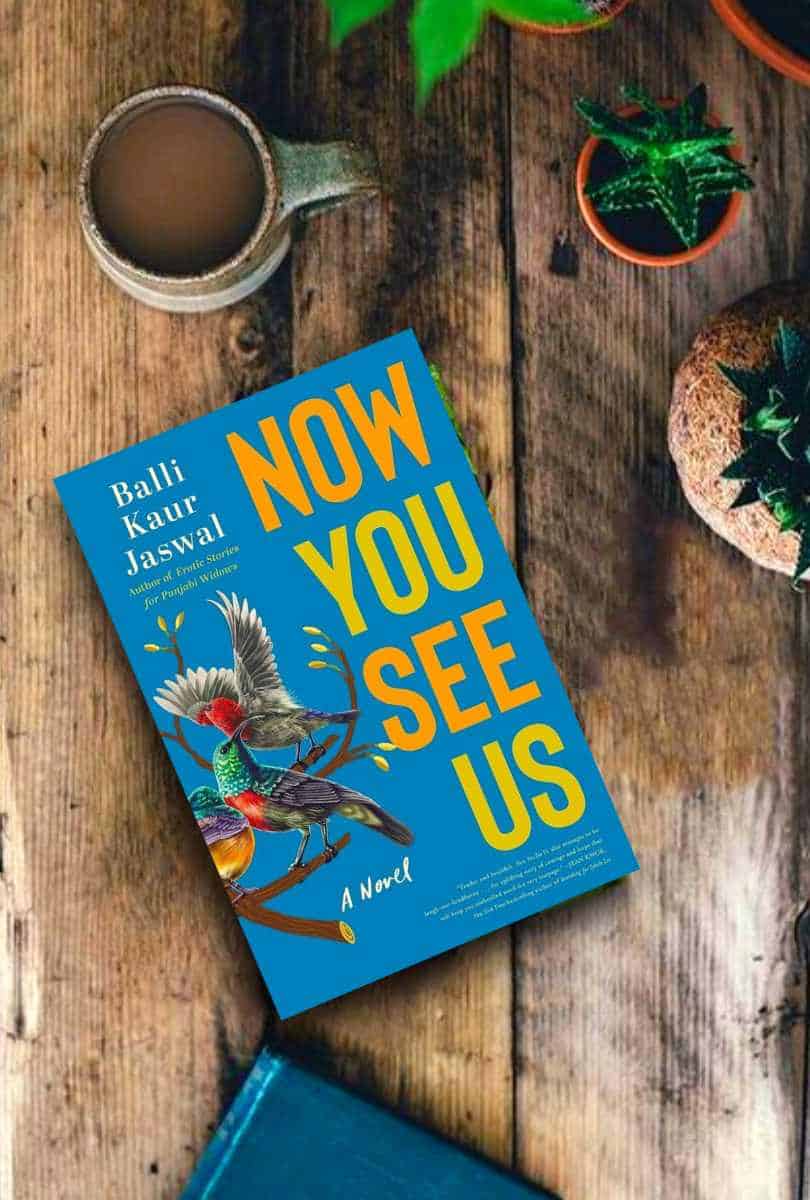PLOT: 4/5 CHARACTERS: 3.5/5 ENTERTAINMENT: 3.5/5 OVERALL: 3.5/5
“In Bangladesh, we all read Rabindranath Tagore, the Nobel Prize winner. Even the poorest children also can recite famous Tagore poems. My father used to read Jibanananda Das’s poems to me. You know the writer Mohammad Rafiq? I wanted to study with him. Everybody in my country is a poet.”
– Balli Kaur Jaswal, Now You See Us
Set in the island city of Singapore, Corazon (Cora), Donita, and Angel are Filipino domestic workers who make their living in Singapore.
Cora, who had previously retired, returns to Singapore to work as a housemaid for a wealthy socialite. She conceals her past from her current employer and simply hopes to avoid the spotlight to prevent her past from resurfacing and facing potential consequences.
Donita, a young woman in her twenties, arrives in Singapore for her first job but ends up working for the demanding Mrs. Fann, who takes pleasure in keeping Donita on her toes and making her life difficult. However, Donita takes a bold step by forming a romantic relationship with an Indian construction worker.
Angel has been a dedicated caregiver for an elderly employer for a long time. Still reeling from a recent breakup, she becomes apprehensive when the employer’s son hires a nurse to assist his father.
These three women develop a unique friendship, and when another Filipino maid is arrested for the murder of her employer, they take it upon themselves to investigate the case and uncover the truth.
It’s these domestic workers who will come together to reveal the hidden secrets of Singapore’s elite.
My thoughts
Now You See Us featuring a housemaid revealing the secrets of the elite in a foreign setting piqued my interest, prompting me to choose this book. I had heard commendable reviews of the author’s previous works but had not yet had the opportunity to delve into them before stumbling upon her latest release.
The opening chapter, narrated from Cora’s perspective, immediately captured my attention and held great promise for the unfolding narrative. Nevertheless, this was not consistently the case, as in numerous instances, the story lost its momentum.
The fact that it was a slow-paced, character-driven book worked against it. While certain sections of the book proved to be exceptionally engaging, it had its share of ups and downs as the plot unfolded.
The characters
When it comes to the characters, Cora, Donita, and Angel form a truly captivating trio. I was particularly drawn into Cora’s story, appreciating her poised and composed demeanor, which she yearned for others to perceive. Little did they know that beneath that exterior of grace lay a deep-seated fear of her past resurfacing, threatening to unveil her vulnerabilities to the world.
Donita, the youthful rebel with her fearless, carefree attitude, provided an exhilarating twist to the tale. Witnessing her audacious takedown of her boss was an absolute delight and a definite highlight of my reading journey.
While the characters were engaging, I couldn’t help but wish for a more profound exploration of Angel’s character, particularly in terms of her romantic entanglements. It felt like there was untapped potential there that could have added even more depth to the narrative.
In the beginning, the story introduced a bunch of character names, and I admit, it took me a bit of time to get them all straight and really connect with them. But after a while, once I got used to everyone, I found myself fully invested in the story.
The suspense and thrill
Now, when it comes to the suspense and thrill aspect, I have to say I was a tad disappointed. It felt a bit rushed and didn’t quite satisfy my initial expectations. When I first picked up the book, I was anticipating some major, earth-shattering revelation with Cora, Donita, and Angel directly involved, but that wasn’t the case.
I really enjoyed how Now You See Us incorporated social media messages of employers discussing their maids – it added a fun and relatable element to the narrative. It’s something I’ve actually witnessed happening in my own neighbourhood, especially in our social media chats.
The author skilfully delved into the class divide, a constant presence in the lives of domestic helpers, especially in a foreign land. They navigate their daily routines, seeking solace in new friendships forged during holidays, effectively creating a community away from their home countries.
It’s remarkable how they carve out time and establish lifestyles that help them maintain their sanity, particularly when dealing with less-than-ideal employers. Gaining insight into this unique aspect of life was a reading experience I hadn’t encountered in any other novel before.
If you’re a fan of slow-burn, character-driven stories that delve into the complexities of class divisions and the secrets that the wealthy entrust to their domestic helpers, then you should definitely give the book a read.
It’s a thought-provoking exploration of the ironic relationship where you can’t live with or without the help of these workers. Now You See Us might just provide you with a reality check on how people treat them, reminding us that, in the end, they are human beings too.
Can’t wait to read it? Buy your copy of Now You See Us right away!
